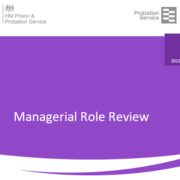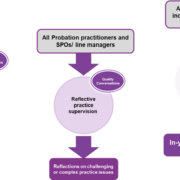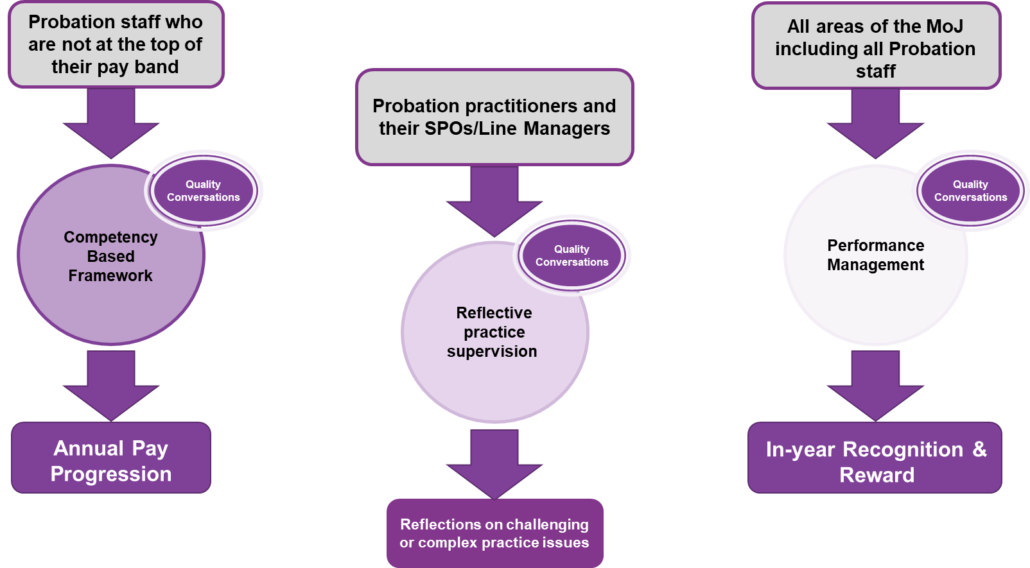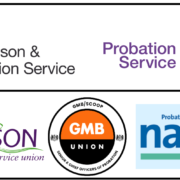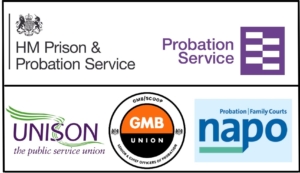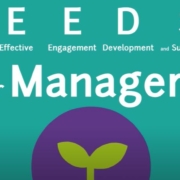Improving capacity and efficiency of Senior Probation Officers (SPOs)
Improving capacity and efficiency of Senior Probation Officers (SPOs)
The Managerial Role Review: Recommendations have been identified and approved which will aim to improve the capacity and efficiency of SPOs.
SPOs within sentence management and courts have been the starting point for the Managerial Role Review. Over the last seven months we’ve held conversations with many of you across the business to gain insights into the role of Senior Probation Officers – what works, what doesn’t and as a result, what needs to change.
The conversations were frank and honest and captured valuable insights into what we need to do as an organisation to ensure the role of a SPO is improved and our skilled workforce gets the support it needs.
The full Managerial Role Review identified a total of forty different recommendations which will be implemented by teams across Probation, HMPPS and MoJ.
The following will be our initial focus moving forward due to the significant improvements that could be made:
Contact
Related links
| Topic | When | |
 |
Recruit new admin roles to support SPOs
Scoping the role with a view to commencing recruitment in late Summer/Autumn. |
From July 2022 |
 |
Recruit SPOs nationally
Recruitment ongoing with a further review to take place once these roles have been placed. |
Ongoing |
 |
Clarity of job description
Improving the job descriptions and making it more relevant and targeted to the role of an SPO. |
December 2022 |
 |
Review the Touchpoints Model
Review of the Touchpoints Model to ensure that it reflects a unified service and remains fit for purpose. |
December 2022 |
 |
Next steps – Business Managers
The Business Managers are the next role to be considered as part of the Managerial Role Review |
To be completed by March 2023 |
More information
This is just a snapshot of the recommendations and next steps – read the full report for more detail. For managers you can use the Manager’s Overview slide deck to share with you teams.
Questions or feedback?
If you have any questions or feedback regarding the Managerial Role Review, please email the team on MRR@justice.gov.uk

